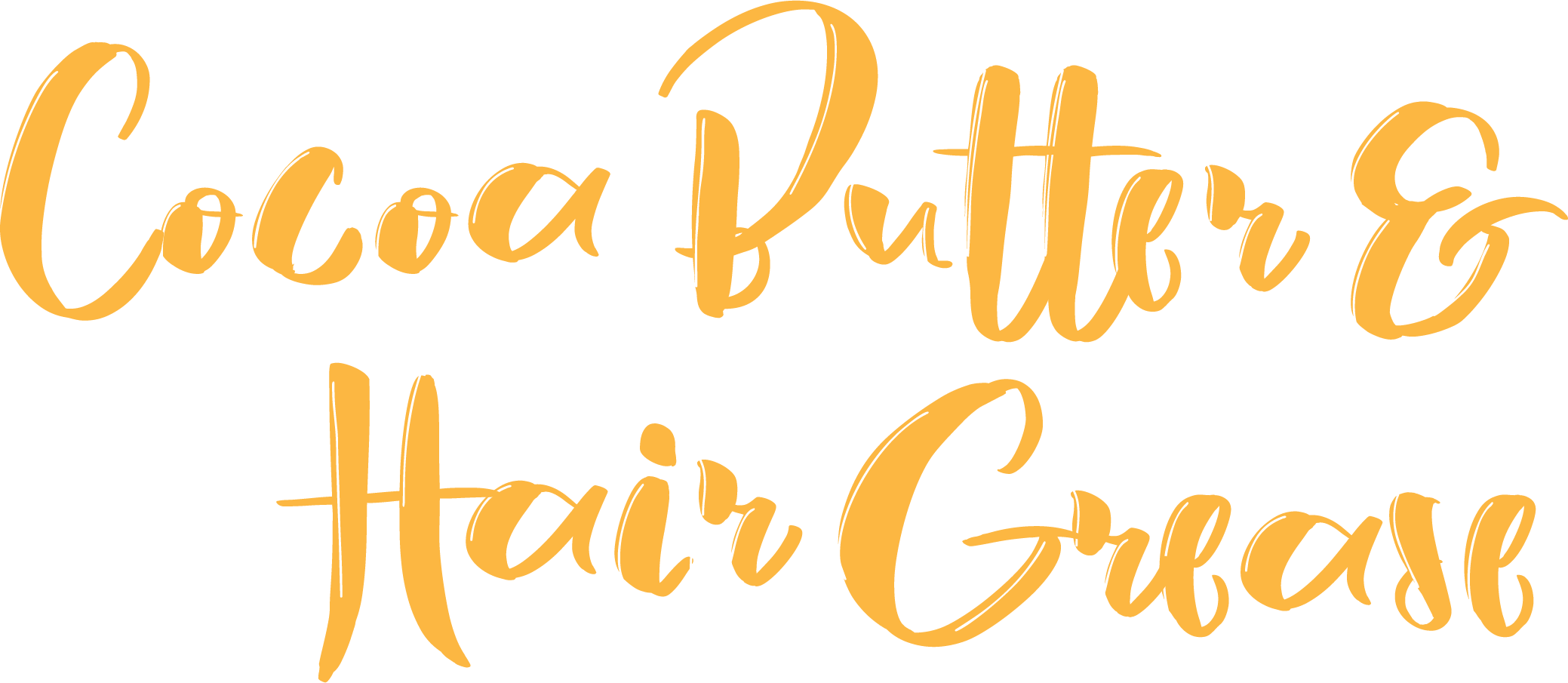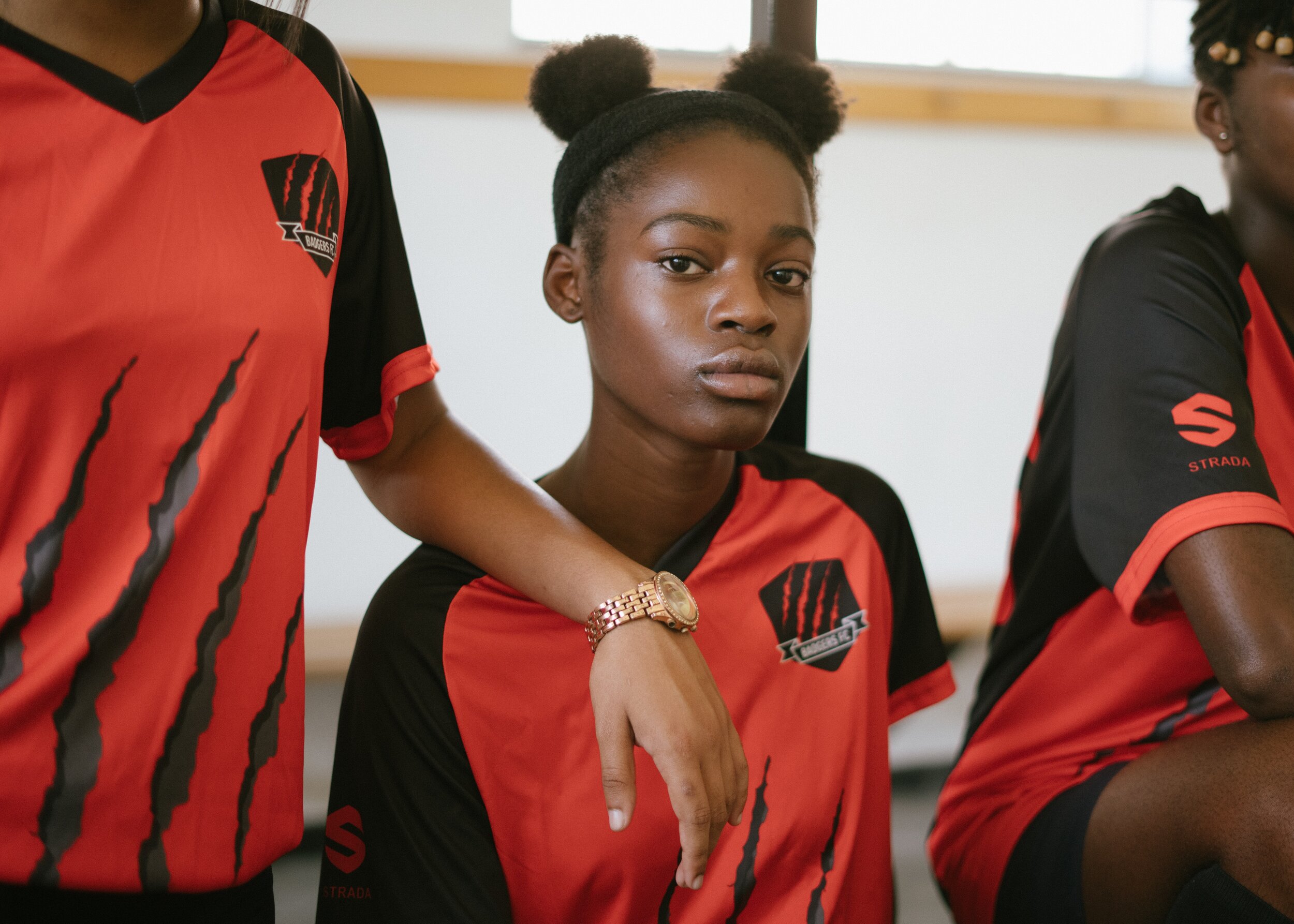My Natural Hair Journey: Understanding Microaggressions & Their Macro Consequences
Quanesha Johnson @btgcounseling_ed
Picture it “Brooklyn 1991.” I was riding the B52 bus with 3 other friends on my way home from school. I was in 6th grade and girls in my school were getting their hair relaxed…except for me. Nana was still telling me to pull back my ear so that she could apply Apex pressing oil and have the hot comb bless my edges. My friends were rocking slick ponytails, modified mushrooms and other straight styles. My press and curl allowed me to do those styles, but there was one distinction. My styles were not weather proof. If that air had any moisture in it, it was a wrap. Remember that B52 bus ride, well I didn’t tell the entire story. Things were different that day because I lied to my friends and they could tell. I told them that I had gotten my hair done and I got a relaxer. Back then we didn’t even call it a relaxer, we totally confused it with the term “perm” which was what White women applied to their hair. I wanted to fit in, but the rain would not let my press and curl be great. The revert back to natural texture came really fast and hard! I was embarrassed not because of the natural state of my hair, but because I lied all for the desire to fit in. My hair represented that I was different, but there was something comforting about being “different” amongst other brown little girls. There is such a journey with my natural hair, that I now know started well before me!
Fast forward to April 2019…By this time I had been wearing my hair natural for 9 years and I loved it. I am no longer physically living in Brooklyn, but now in a city where I am often a black unicorn. Growing up today is not like coming of age in Brooklyn in the 90s. Natural hair is everywhere and its beautiful to see! My daughters can look on tv, in magazines and online and see women proudly wearing their hair the way that it grows out of their heads. It’s all good right? There is only one issue. They are not always watching tv, reading magazines or online. They go to school for over 6 hours a day with children that do not look like them. When you are a child, how your peers see you is everything (remember the lie, I told on the B52 bus for my peers). I raise my children to be strong and confident. I am an educator and a therapist. Their entire life has been about learning and expressing their feelings. As a result of this, my daughter Chelsea (then in 5th grade) comes home and we chat about her day. We don’t do the “how was school/it was fine” song and dance. I need details! Chelsea starts to tell me, very matter of fact I might add, how her classmates reacted to her hair. Over the weekend, we put her hair up in a high puff and she loved it so much that she wanted to wear it that way to school. As she started to talk, I began listening with my 3rd ear. “Your hair looks like a volcano.” said one white male student. “It looks like an explosion.” said another white female student. At this point, I am having an internal experience that I was not trying not to show on my face. Then she hit me with the last comment. “Why do you have your hair like that?” At this point I think fumes were coming out of my head. I checked myself quickly and in true therapist fashion I asked “How did those comments make you feel? She says that she didn’t like the attention, but she liked her hair and it didn’t bother her. I cared so much about how my baby felt, but honestly it didn’t matter that she wasn’t really bothered. Their comments were unacceptable! Their comments about her hair were microaggressions. Microaggressions are intentional and unintentional prejudicial slights and insults towards marginalized groups. In this instance, black girls and their hair!
Honestly, the truth about microaggressions is that they just don’t hurt your feelings. They represent discrimination, bias and they hurt. Words hurt. Actions hurt. Point. Blank. Period. I wasn’t being oversensitive about comments made in a classroom with 95% White students and with a White Teacher. Microaggressions sow seeds of doubt. They slowly chip away your self-esteem and ability to feel included. The biggest blow as demonstrated with my daughter is that sometimes you don’t even realize that you were being slighted. In reality, what was the intent of their comments? Were those comments about her hair meant to be a compliment? My answer…absolutely not. I spent time that afternoon with my daughter talking to her about the beauty that she possessed inside and out. I told her that her high puff was not “like an explosion” but it was surely the bomb. I know that’s cheesy, but it made her smile. When I was done talking with her, I kindly emailed her teacher and scheduled a meeting. I would say that our meeting was productive. One very important thing to remember is that microaggressions must be called out! She listened and we brainstormed about how she could address the behaviors with the class. She knows what to look for and can now be conscious of her own behaviors.
We must not tolerate microaggressions even as it relates to our hair. This is for our self-efficacy, but also for our daughters. Here are a few things I suggest:
Model and teach self-love. Teach them to love all of who they are! That means their hair too! I am often in awe of Black women’s hair and I share that feeling often in my home.
Communicate with your daughters. Ask for details. Learn about who they are, their feelings and experiences. Through communication you may recognize when someone is hurting them and be able to step in.
Teach them self-advocacy, that their voice is important and how to use that voice. We role played that day and went over what she could say if it happened again.
Black hair represents freedom, expression, its historical, it builds community and its symbolic. We must not let anyone tell us otherwise or make us feel anything different. When you see an injustice whether it’s towards your hair, your skin, or anything that represents you, don’t be afraid to call it out! Our daughters are watching…
Click HERE to join the Facebook community!
Quanesha
… is a licensed therapist & educator. She is a wife and mom to 2 daughters and 1 son. Her mission, through counseling and education is to normalize and prioritize mental health in Black and Hispanic communities. Connect with Quanesha on LinkedIn!



